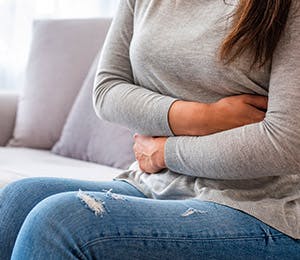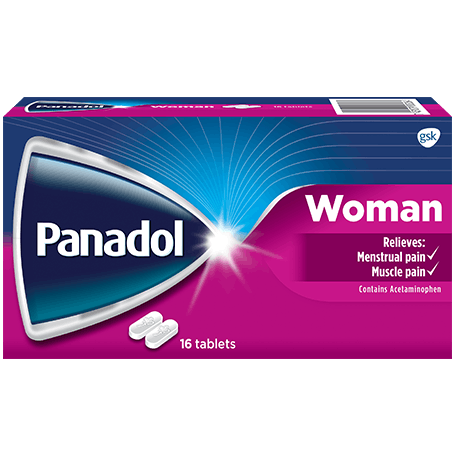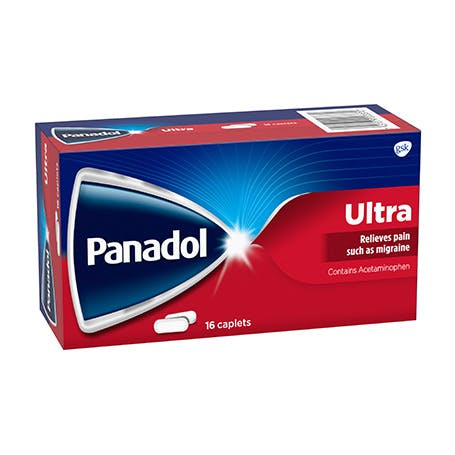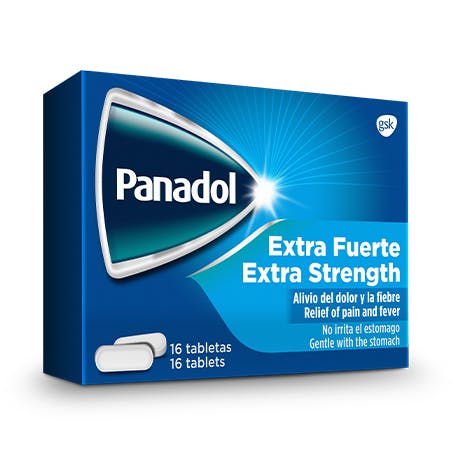
Period Pain
For girls and women, the menstrual cycle is the natural process that happens every month as the body prepares itself for pregnancy. During this time when the lining of the womb is being shed, it’s perfectly normal to experience some cramping pain in the lower abdomen. Occasionally, there may be some pain in the lower back and the top of your legs.
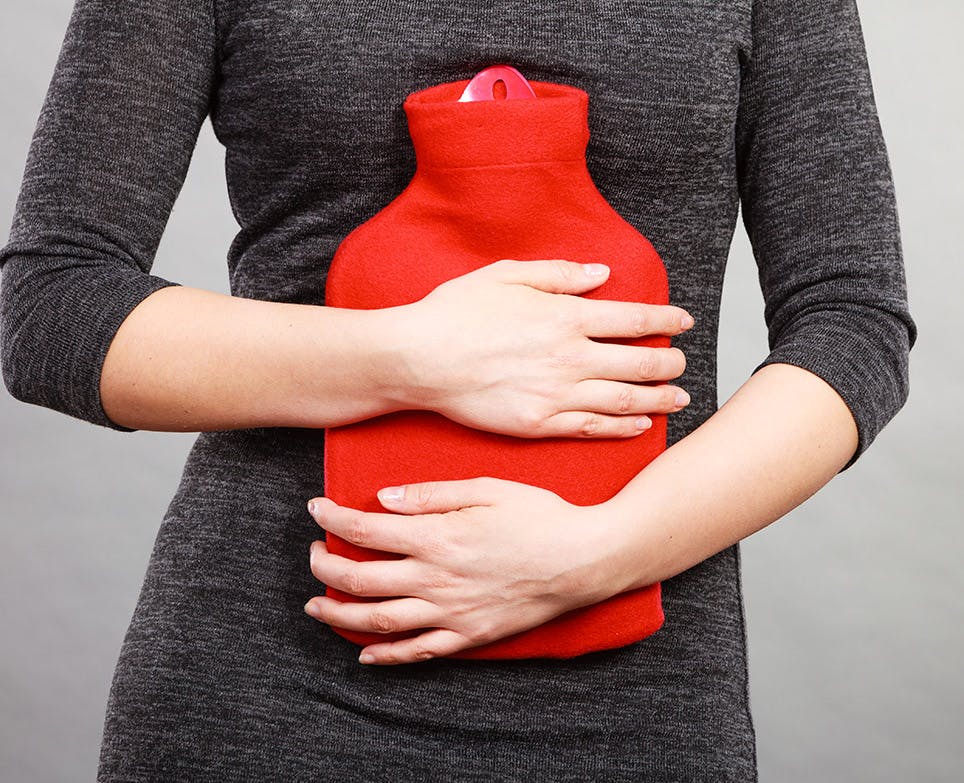
Tips for managing menstrual pain
Nine out of every ten girls and women have pain around the time of their period. The good news is that there are plenty of ways to help ease period pain.75,76
What is menstrual pain?
Menstrual pain is normal and usually felt in the lower part of the abdomen, and occasionally in the lower back and at the top of your legs.16
The pain typically starts around the same time as menstrual bleeding or just before. It can last for around a day, although some may suffer for a couple of days. For many girls and women the pain can be tolerated, but sometimes the pain will be so severe that it stops them from going to school or work.16
Here are a few tips to help ease the pain:

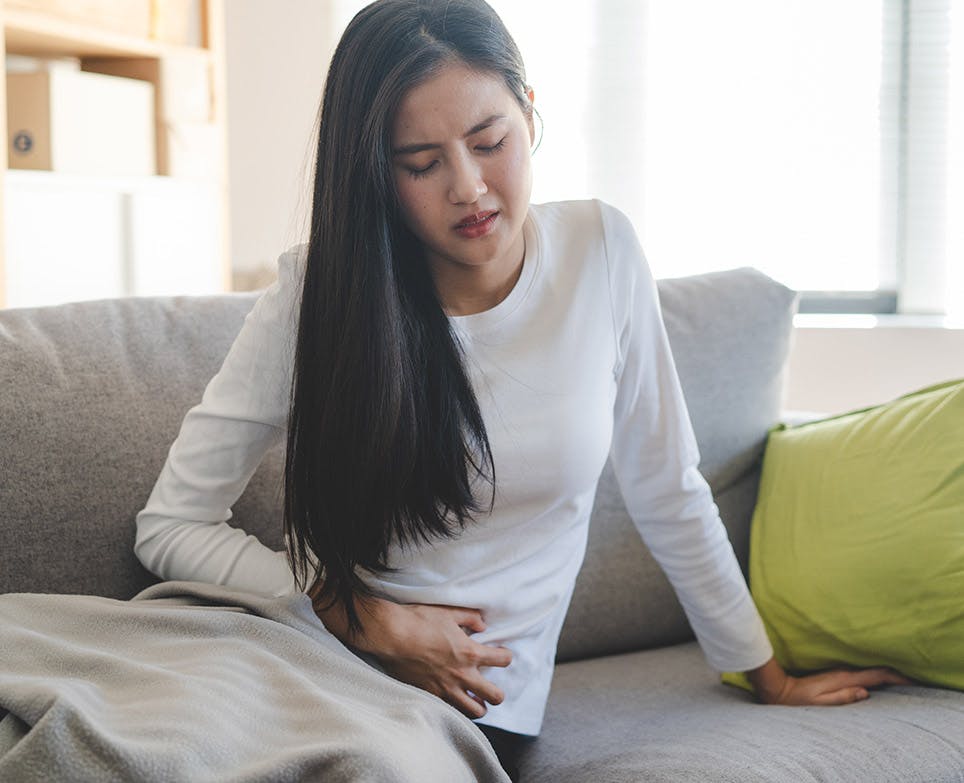
Heat
Applying a little bit of heat to the abdomen can help ease menstrual pain. Try a heat patch or resting a hot water bottle on the abdomen.16,20
Exercise
There is some evidence to suggest that exercise may help to reduce menstrual pain.77

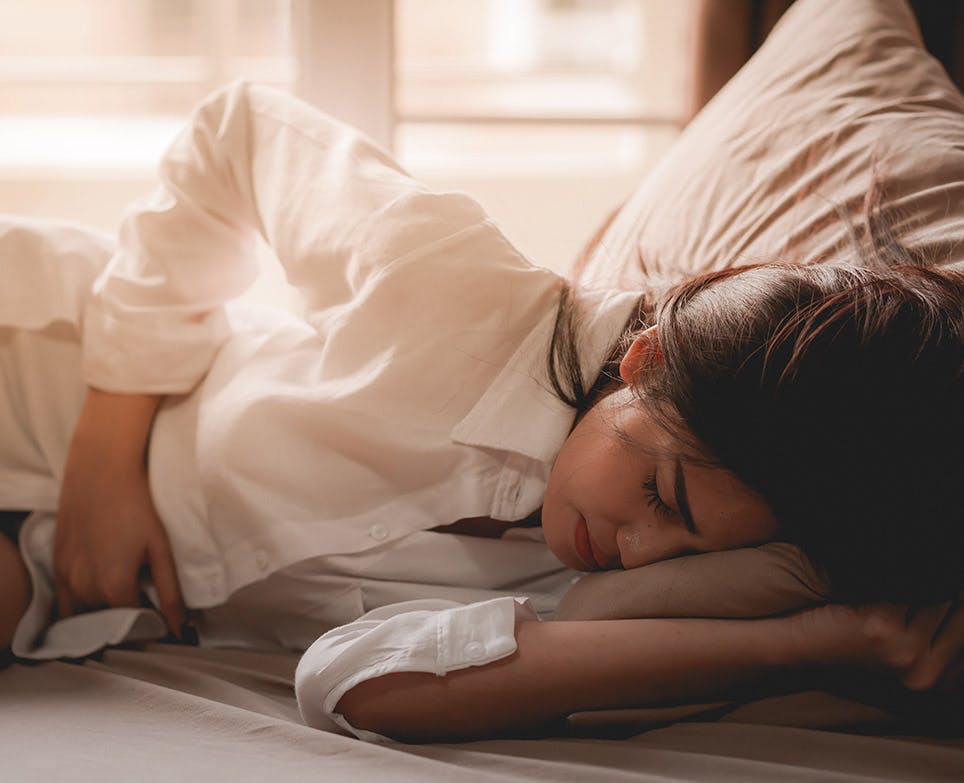
Massage
Some people use massage to ease their body aches and pains. Try massaging the painful area of the abdomen with gentle, circular motions.17
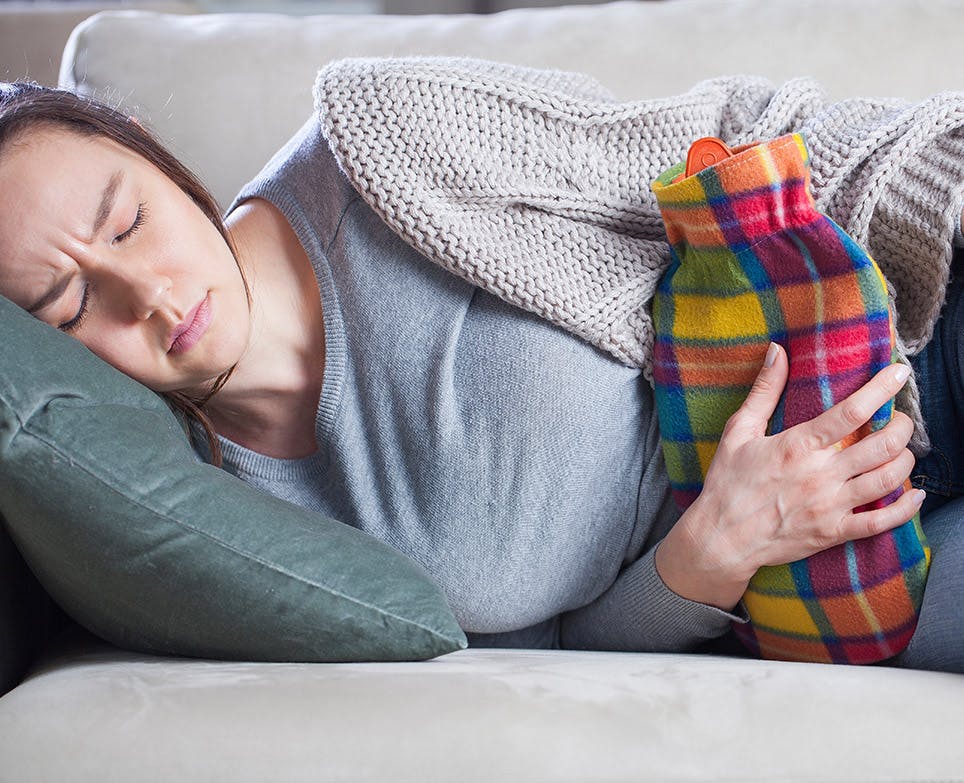
Easing pain with medicines
For effective, temporary pain relief, try over-the-counter pain relievers such as acetaminophen or NSAIDs. These have been shown to help relieve period pain and research shows that medicines containing 500mg acetaminophen plus 65mg caffeine are more effective than acetaminophen alone.18,19
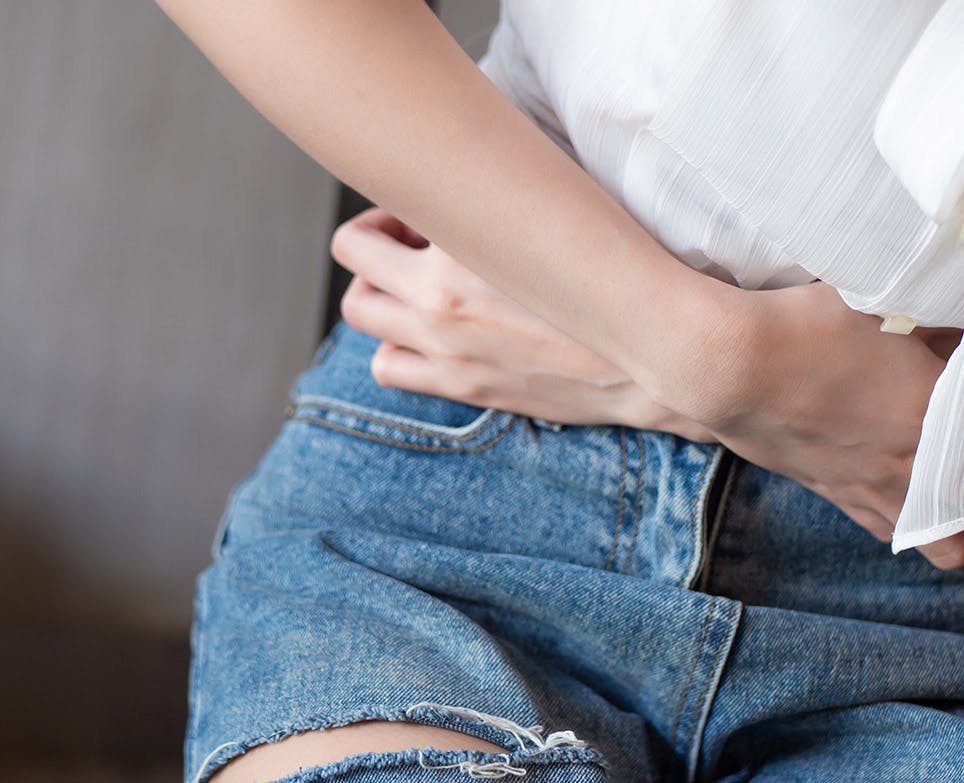
When to see a doctor
If you have any concerns about menstrual pain, seek your pharmacist or doctor for advice, especially if you experience any of the following:16,17,78
- severe pain
- abdominal pain even when it’s not your menstrual period
- an abnormal discharge from the vagina, especially if it is thick or smelly
- a fever and pelvic pain



